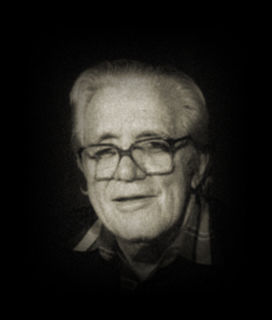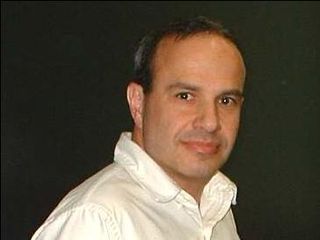A Quote by Carl Whitaker
I have a theory that theories are destructive.
Quote Topics
Related Quotes
Superstring theories provide a framework in which the force of gravity may be united with the other three forces in nature: the weak, electromagnetic and strong forces. Recent progress has shown that the most promising superstring theories follow from a single theory. For the last generation, physicists have studied five string theories and one close cousin. Recently it has become clear that these five or six theories are different limiting cases of one theory which, though still scarcely understood, is the candidate for superunification of the forces of nature.
Newton's theory is not 'not right', it just does not cover all distances. Contrary to popular belief, theories in science are not proven wrong, they are just replaced by more complete and convenient theories. To sound provocative, even the geocentric theory was never "proven" wrong, it is just not as convenient as the heliocentric theory, since it requires endless epicycles.
Many theories of the ancient world seem terribly childish today, a hodge-podge of fables and false comparisons.But our theories will seem childish five-hundred years from now.Every theory is based on some analogy, and sooner or later the theory fails because the analogy turns out to be false. A theory in its day helps to solve the problems of the day.
Managers are already voracious consumers of theory. Every time they make a decision or take action, it's based on some theory that leads them to believe that action will lead to the right result. The problem is, most managers aren't aware of the theories they're using, and they often use the wrong theories for the situation.
One of the most difficult features of direct experience is that it is unfiltered by any theories or expectations. It's hard to observe without imposing a theory to explain what we're seeing, but the trouble with theories, as Einstein said, is that they explain not only what is observed, but what can be observed. We start to build expectations based on our theories.
Moral theory develops from the divine command theory of medieval Christian philosophy, mixed up with a bit of ancient pagan virtue theory, to the purely secular moral sentiment and interpersonal reaction theories of Smith and Hume, to Kant's attempt to restore command theory but with something supersensible in the individual rather than God as the source of authority.
Facts and theories are different things, not rungs in a hierarchy of increasing certainty. Facts are the world's data. Theories are structures of ideas that explain and interpret facts. Facts do not go away while scientists debate rival theories for explaining them. Einstein's theory of gravitation replaced Newton's, but apples did not suspend themselves in mid-air pending the outcome.
Scientific theories need reconstruction every now and then. If they didn't need reconstruction they would be facts, not theories. The more facts we know, the less radical become the changes in our theories. Hence they are becoming more and more constant. But take the theory of gravitation; it has not been changed in four hundred years.






































